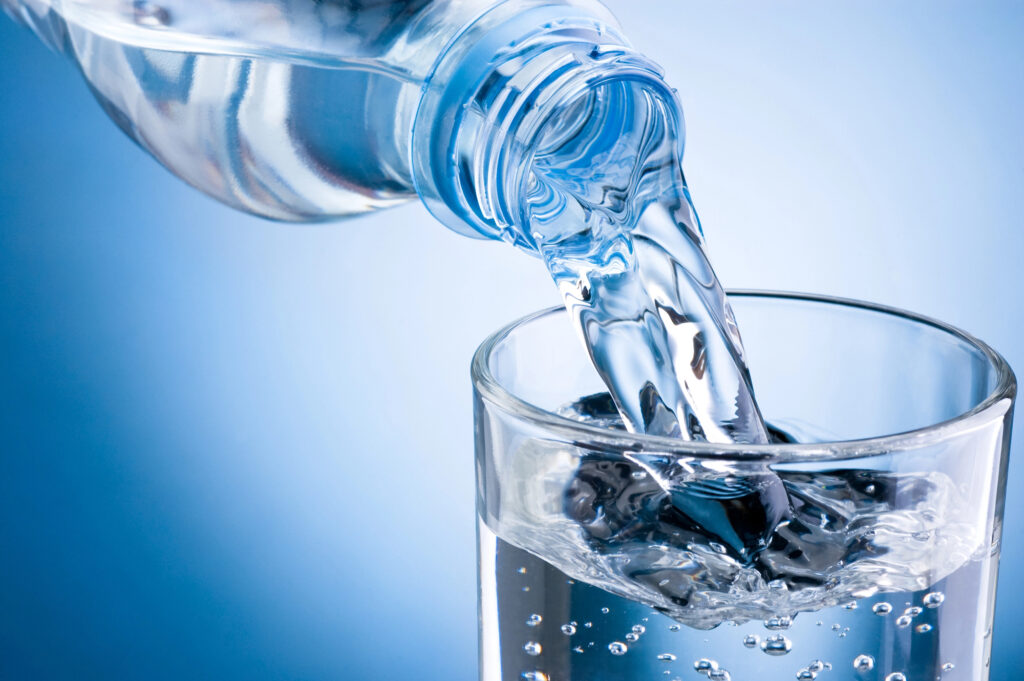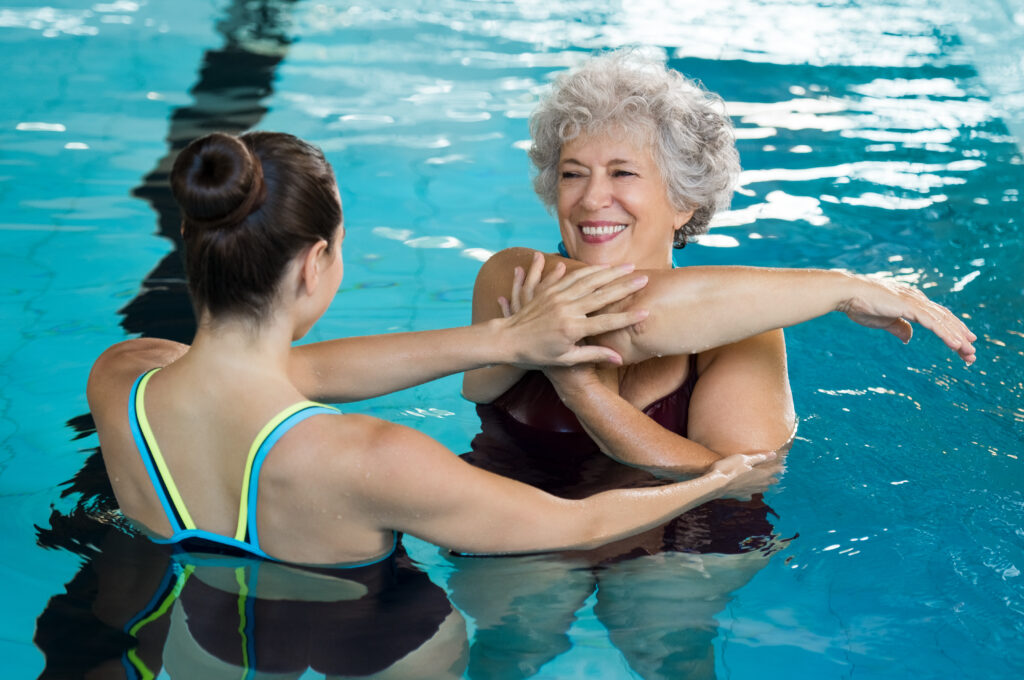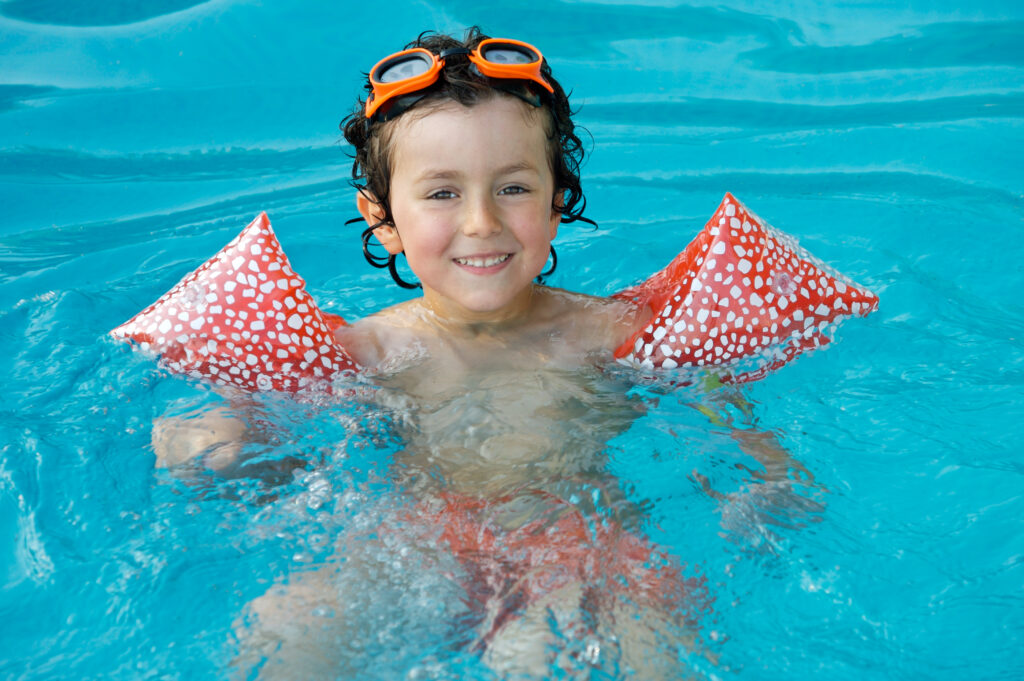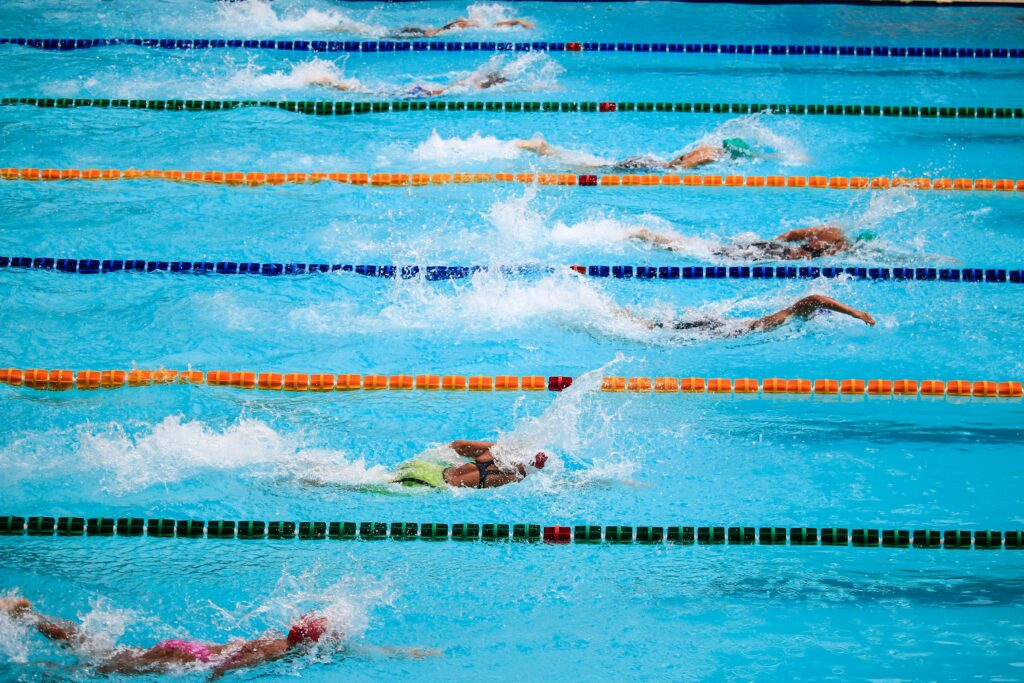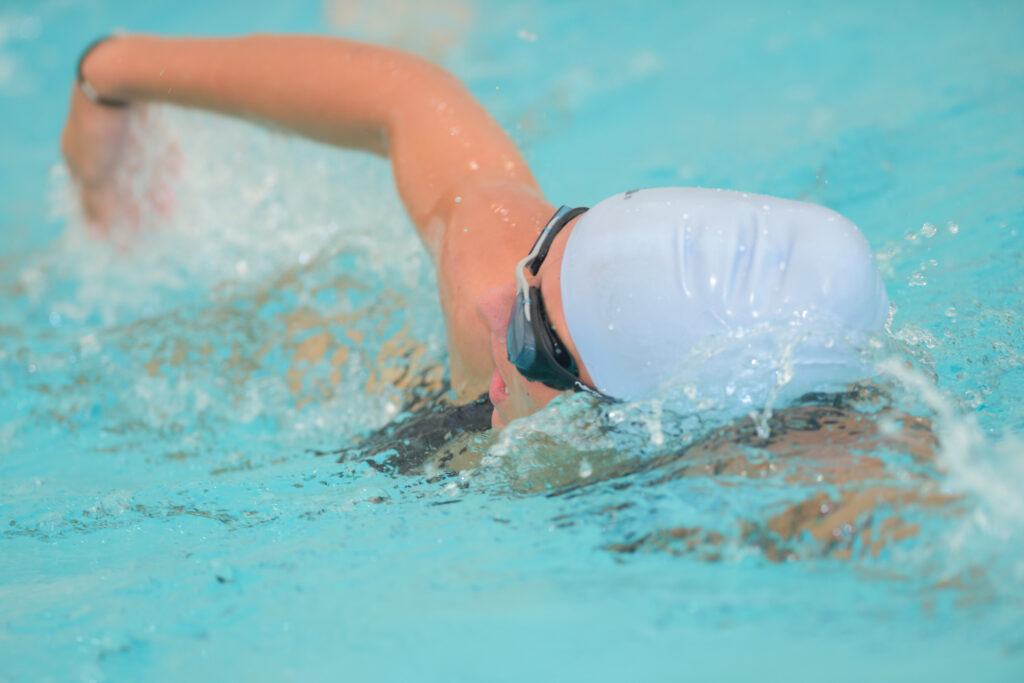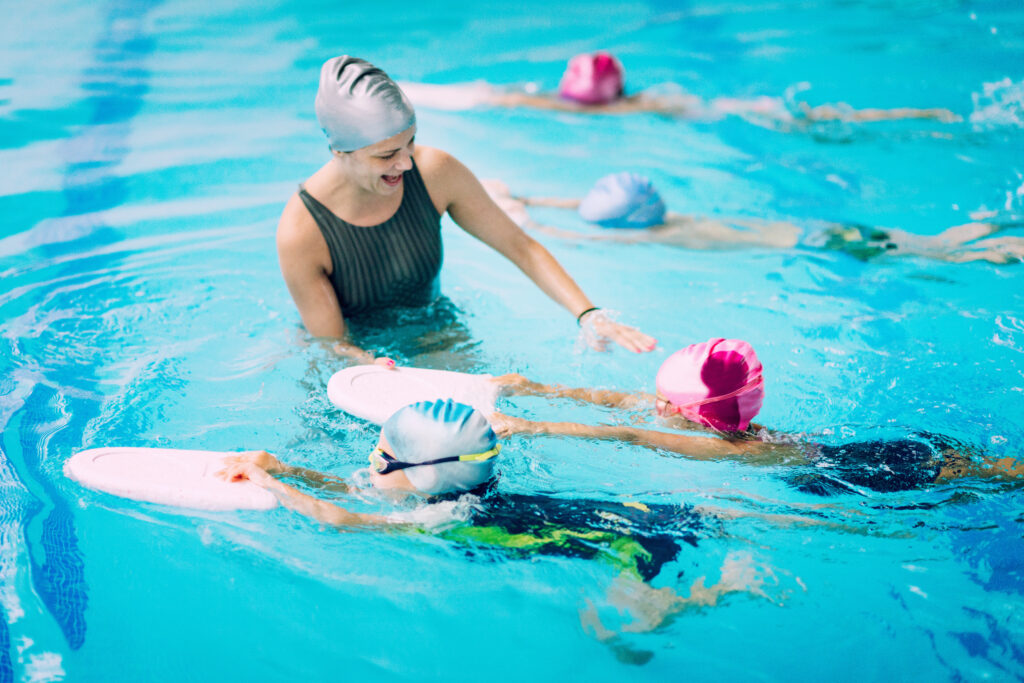Staying adequately hydrated is crucial for swimmers aiming to maintain peak performance and ensure their body functions optimally. During swimming, whether for leisure or competition, the body loses fluids through sweat, even though the signs of dehydration are less noticeable than during land-based activities. The question of what is best for hydration — water or isotonic drinks — is important for swimmers to consider. Water replenishes fluids effectively; however, for more intense or longer duration swims, especially in warm environments or when wearing a wetsuit which can increase sweat rate, isotonic drinks may offer additional benefits by replacing electrolytes lost through perspiration.
Isotonic drinks can be particularly beneficial in these scenarios because they contain a similar concentration of salt and sugar as the human body, providing a balance of hydration and energy replenishment. Precision hydration strategies suggest the ingestion of a strong electrolyte drink approximately 60 to 90 minutes before swimming which can assist in pulling water into the bloodstream due to the higher sodium content.
Nevertheless, it’s crucial to understand that the body’s hydration needs can be very individual. Factors such as the swimmer’s sweat rate, the duration of the swim, and the environmental conditions must all be considered when choosing the optimal hydration method. Aiding this understanding, the NHS offers guidelines recommending that individuals should drink 6 to 8 cups or glasses of fluid daily, but the amount should be increased when physically active for extended periods, such as during swimming sessions.
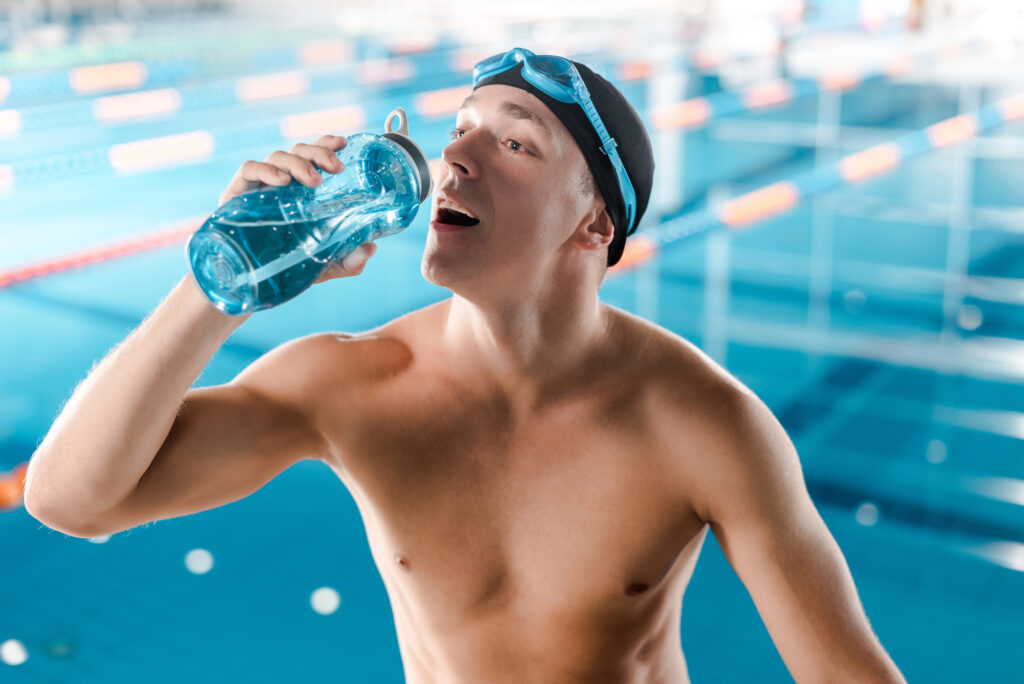
Understanding Hydration
Maintaining proper hydration is crucial for swimmers as it impacts performance and health. Dehydration can impair physical abilities and lead to adverse health effects.
The Importance of Staying Hydrated
Hydration maintains blood volume, regulates body temperature, and supports muscle function. When swimming, one’s body loses fluids through sweat, although it may go unnoticed due to the water environment. Consuming water or isotonic drinks helps replenish fluids and electrolytes lost, enhancing endurance and preventing cramps. While water effectively restores hydration levels, isotonic drinks can offer the additional benefit of replacing lost minerals and improving energy stores.
Identifying Signs of Dehydration
Recognising the signs of dehydration is vital. Common indicators include:
- Feeling thirsty
- Dry mouth
- Decreased urination or darker coloured pee
- Excessive sweating
- Breathing difficulties
- Cramping in muscles
More severe symptoms, such as vomiting, reinforce the need for immediate rehydration. Observing these signs and taking prompt action to rehydrate can prevent the detrimental effects of dehydration on a swimmer’s performance and health.
Hydration Options for Swimmers
Choosing the right hydration method is crucial for swimmers, as it impacts their performance and overall health. The options largely boil down to plain water and isotonic drinks, both offering distinct benefits and limitations.
Plain Water: Pros and Cons
Pros:
- Easily Accessible: Tap water is widely available and cost-effective, making it straightforward for swimmers to stay hydrated.
- Zero Calories: It contains no sugar or calories, preventing weight gain and ensuring energy is derived from stored fat or food intake.
Cons:
- Limited Nutrients: Water does not contain electrolytes, which are essential for maintaining fluid balance, especially during extended periods of activity.
- Hypotonic Nature: This means that water alone might not be as effective in replacing fluids lost through sweat as other options, like isotonic drinks.
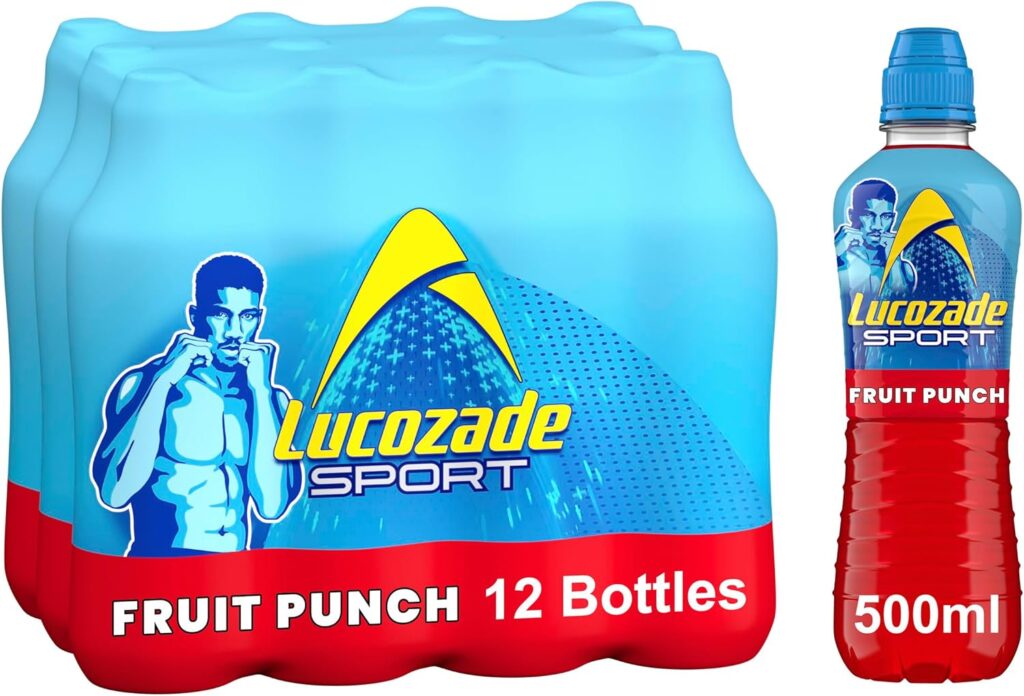
Isotonic Drinks: Advantages and Limitations
Advantages:
- Balanced Electrolytes: Isotonic drinks are specially formulated to contain similar concentrations of salt and sugar as found in the human body, aiding in quick hydration and recovery of electrolytes like sodium.
- Enhanced Endurance: These drinks often contain carbohydrates, which can improve endurance by providing an additional source of energy during prolonged swims.
Limitations:
- Sugar Content: Some isotonic drinks have high sugar content, which might not be suitable for everyone, especially those watching their calorie intake.
- Variability in Formulation: Not all sports drinks are created equal; some may have excess nutrients that are unnecessary or even counterproductive.
Comparing Hydration Efficacy
- Fluid Retention: Isotonic drinks are designed for optimal hydration and fluid retention, which can be more beneficial than plain water for strenuous sessions.
- Performance: The presence of carbohydrates in isotonic drinks may bolster performance, as they provide a quick source of energy, whereas water alone does not.
- Electrolyte Replenishment: Swimmers lose vital nutrients through sweat. An electrolyte drink can replace these more effectively than water, helping maintain the body’s balance.
In summary, while tap water is a practical option for keeping hydrated, isotonic drinks offer advanced benefits for high-intensity workouts and competitions by supporting electrolyte balance and energy levels. Swimmers may choose their preferred hydration method based on the intensity of their routine, nutritional needs, and personal health goals.
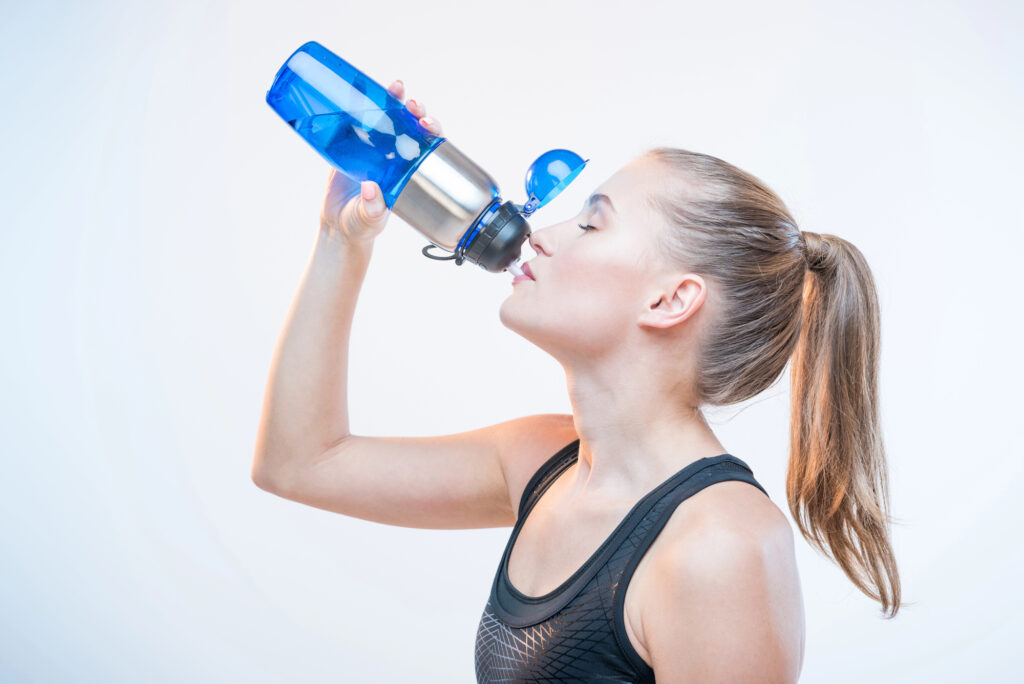
Alternative Hydration Solutions
When considering hydration for swimming, it’s not just beverages that can replenish fluids. The body can also absorb water from foods and natural drinks that contain essential nutrients and electrolytes.
Natural Hydration Sources
Natural drinks offer a variety of hydration options. Coconut water is a standout choice, recognised for its hydrating properties and natural electrolytes, including potassium, which can be as effective as some commercial electrolyte drinks. Fruit juice, particularly watermelon juice, with its 92 percent water content, provides hydration and a natural sugar boost. Tea, preferably herbal or decaffeinated, can be a soothing way to increase fluid intake without the disadvantages of caffeine.
Hydration Through Diet
Hydration can come from the foods one eats as well. Soup and broth are hot, comforting options that contribute to fluid intake while providing additional nutrients. Eating foods with high water content, such as watermelon and lettuce, can significantly improve hydration levels. Smoothies made with hydrating fruits like bananas, which contain vital electrolytes, also serve dual purposes, hydrating and nourishing the body simultaneously. Milk is another hydrating choice, and studies have shown it can be more effective for hydration than water due to its balance of electrolytes and carbohydrates.
Role of Additives in Hydration
When considering hydration, especially in the context of swimming, it’s crucial to understand how certain additives in beverages can affect the body’s hydration levels.
Added Sugars and Hydration
Added sugars, commonly found in fizzy drinks and lemonade, can influence hydration. While these sugary drinks provide a quick energy boost, they often lead to a cycle of spikes and crashes in blood sugar levels. Sports drinks often contain added sugars, but they are formulated to aid hydration by replacing lost electrolytes. The key is moderation; high sugar content in drinks can lead to increased urine production, which may negate the hydrating effects.
- Benefits of sports drinks:
- Replenish electrolytes
- Provide quick energy
- Drawbacks of high sugar content:
- Possible blood sugar spikes
- Increased thirst sensation
- Potential dehydration through increased diuresis
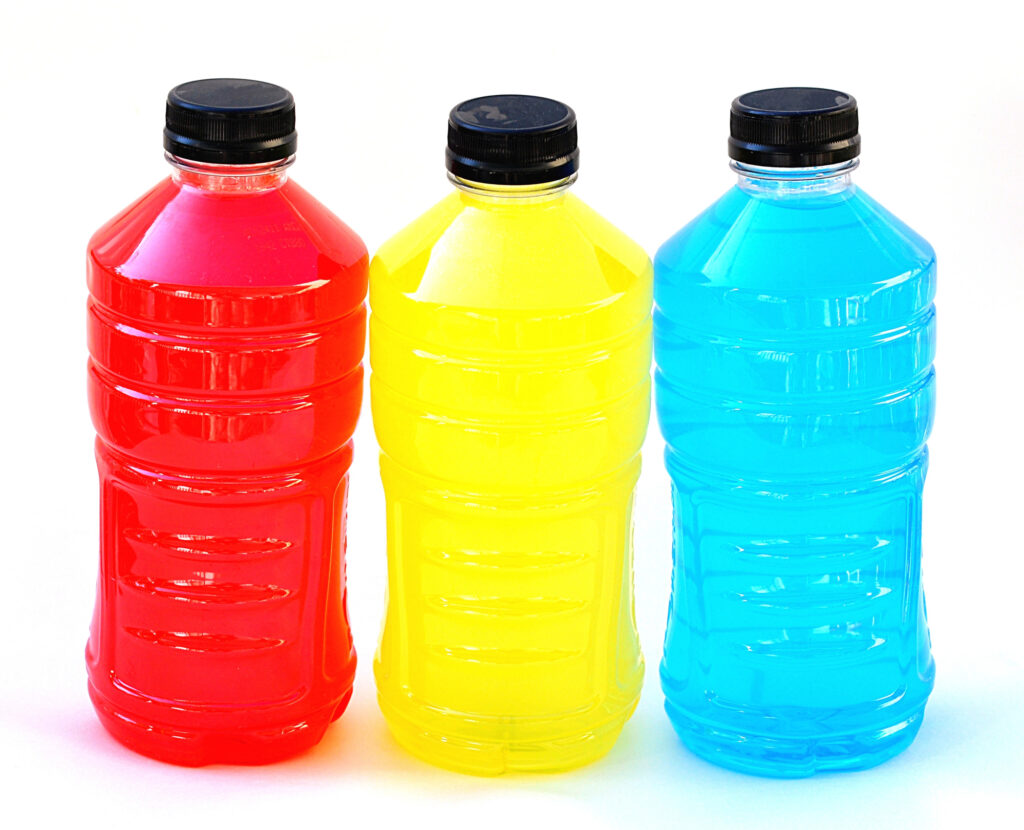
Caffeine’s Effect on Hydration
Caffeine is a diuretic, meaning it can lead to increased urine production. Found in many beverages, such as diet sodas and some herbal teas, caffeine might modestly increase the need to urinate. However, moderate caffeine consumption is not typically dehydrating. The effect of caffeine on hydration is less pronounced if one has developed a tolerance. Nonetheless, for swimmers, a balance should be struck and caffeine-free or low-caffeine options might be desirable during long training sessions.
- Caffeine considerations:
- Mild diuretic effect
- Tolerance can reduce dehydration risk
- Preferable options:
- Sugar-free variants
- Electrolyte drinks without added caffeine
- Sparkling water as a fizzy alternative with no caffeine
Careful selection of beverages, considering their sugar and caffeine content, supports proper hydration and optimises performance while swimming.
Dehydration Risk Factors and Management
Effective hydration is crucial for maintaining health, especially when engaging in activities such as swimming, where dehydration can impair performance and pose health risks.
Physical Activity and Dehydration
Engaging in physical activity, primarily swimming, raises the necessity for appropriate fluid intake. The body loses water through excessive sweating even in water, which many may overlook. To counter this, swimmers should consume fluids before, during, and after their sessions. Isotonic drinks can be beneficial as they contain similar concentrations of salt and sugar as found in the human body, thus helping to replace lost fluids and maintain electrolyte balance.
Hydration in Different Climates
Swimming in different climates alters the hydration requirements. Hot and humid conditions increase perspiration rates, resulting in a higher risk of dehydration. Swimmers should ensure they are drinking adequate water or isotonic solutions to replenish the fluids lost through sweat. Cooler climates may reduce the sensation of thirst, yet swimmers should still maintain regular fluid intake to prevent dehydration.
Special Considerations for Different Life Stages
Certain groups, such as pregnant or breastfeeding women, have heightened hydration needs. These individuals should be particularly mindful of their fluid consumption to support their health and, if applicable, the health of their baby. Dehydration can also have more pronounced effects on the elderly and children, requiring closer attention to hydration levels. It is essential to recognise signs such as dark-coloured urine or reduced urinary output, which indicate a need for increased fluid intake.
Managing hydration effectively involves understanding the unique demands placed on the body by environmental factors, physical activity, and life stages. Proper fluid consumption helps safeguard against the detriments of dehydration, supporting overall health and optimising performance in activities like swimming.
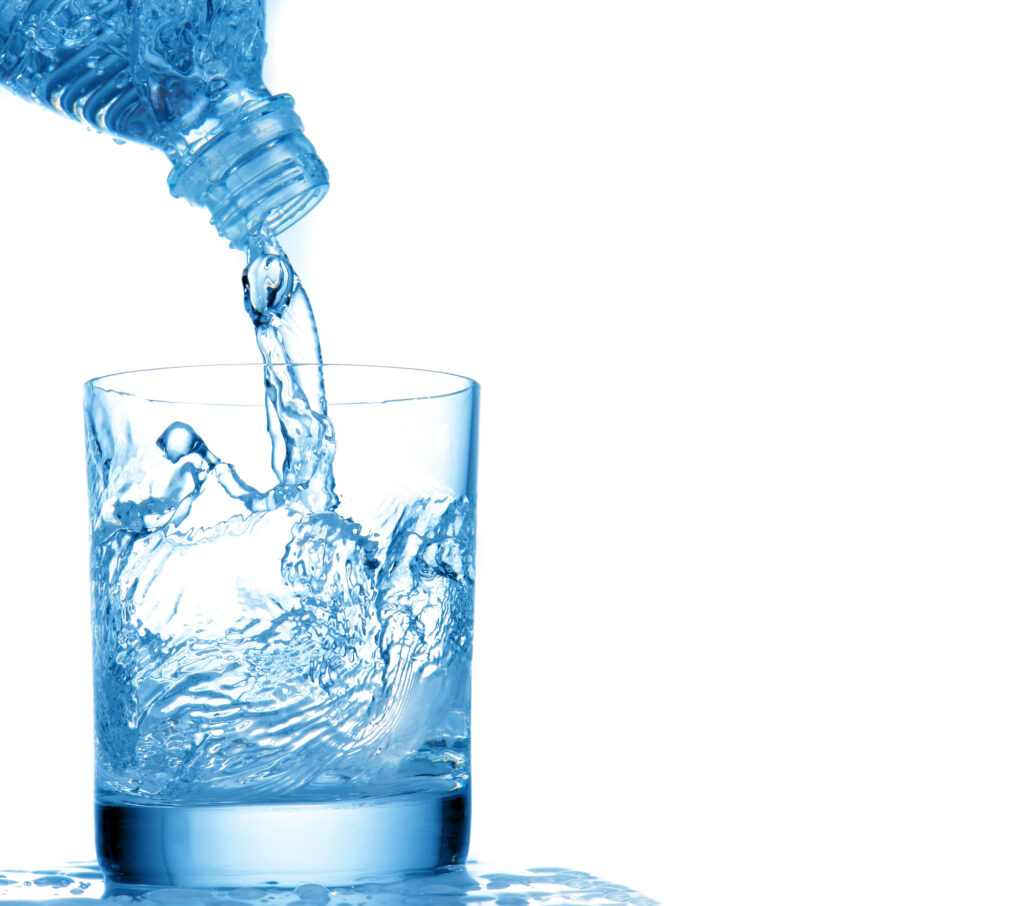
Practical Hydration Tips
When swimming, staying hydrated is vital for health and wellbeing. Swimmers should consider not only the volume of fluid intake but also the type of hydration chosen. Below are practical tips to remain effectively hydrated:
- Fluid Intake Prior to Swimming: One should start hydrating ahead of time. Outdoor Swimmer Magazine suggests, in warm conditions or when wearing a wetsuit, to ‘pre-load’ with an electrolyte-rich drink 60-90 minutes before swimming.
- Daily Hydration Needs: The NHS recommends 6 to 8 cups or glasses of fluid daily. This amount should be increased when engaging in physical activities such as swimming.
Hydration Options:
- Water is calorie-free and crucial for basic hydration.
- Isotonic drinks help maintain electrolyte balance, important for sodium and mineral replenishment. They assist in transporting nutrients and improving concentration.
- Foods with high water content can supplement fluid intake.
Enhanced Water:
- Adding a pinch of salt or electrolytes to water can improve its hydrating ability by providing necessary minerals, similar to sports drinks without additional calories.
Remember:
- Swimmers must update their hydration strategies based on the workout intensity and environmental conditions.
- Regular monitoring of hydration status is important. If urine is dark coloured or volume is less, additional fluids are needed.
- Consuming fluids containing calcium, potassium, and vitamins can be beneficial for overall hydration and nutrition.
By incorporating these tips, swimmers can ensure they are adequately hydrated and their performance optimised.
Frequently Asked Questions
In assessing hydration options for swimmers, it’s essential to understand the effects of water compared to isotonic drinks on the body during physical activity.
Why might water be considered superior to sports drinks for hydration?
Water is a calorie-free option that effectively replenishes lost fluids without additional sugars or additives. According to the NHS, water and other low-fat, sugar-free drinks can contribute to the recommended daily fluid intake.
What makes sports drinks potentially unhealthy for consumption?
Sports drinks often contain high levels of sugars and calories which, when consumed in excess, can lead to weight gain and dental problems. The NHS suggests that regular water consumption is key and advises moderation with sugary drinks.
How do the hydration benefits of isotonic drinks compare to water?
Isotonic drinks are formulated to quickly replace fluids and electrolytes lost through sweating. They can offer benefits over water by containing carbohydrates and sodium, which may improve absorption during intense or prolonged exercise.
At what point during exercise should one consume isotonic beverages?
It is generally recommended to consume isotonic beverages during prolonged, endurance activities exceeding one hour to replenish electrolytes. For normal hydration, Bupa UK recommends water as the main source of hydration.
What are the advantages and disadvantages of water versus sports drinks?
Water is a no-calorie solution ideal for short-duration activities, whereas sports drinks can provide energy and improve endurance for longer sessions. However, the calorie and sugar content in sports drinks can be a disadvantage for those monitoring calorie intake.
Which hydration solution is optimal for swimmers?
For swimmers engaging in moderate activity, water is sufficient for hydration. For intense swimming sessions, using an isotonic drink may be beneficial. The choice should consider the individual’s health goals and the duration and intensity of swimming activity.

